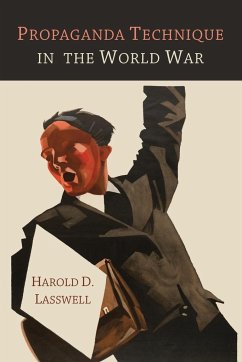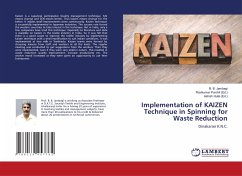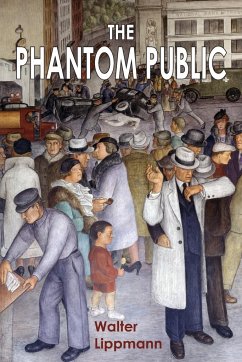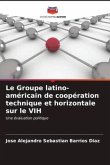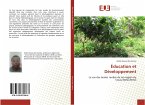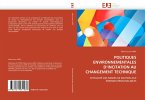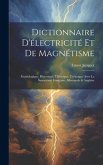2013 Reprint of 1938 Edition. Full facsimile of the original edition, not reproduced with Optical Recognition Software. Harold Lasswell (1902-1978) was a prominent scholar in the area of propaganda research. He focused on conducting both quantitative and qualitative analyses of propaganda, understanding the content of propaganda, and discovering the effect of propaganda on the mass audience. Lasswell is credited with creating the mass communication procedure of content analysis. Lasswell maintained that a content analysis should take into account the frequency with which certain symbols appear in a message, the direction in which the symbols try to persuade the audience's opinion, and the intensity of the symbols used. By understanding the content of the message, Lasswell sought to achieve the goal of understanding the "stream of influence that runs from control to content and from content to audience." Lasswell's most well-known content analyses were an examination of the propaganda content during World War One and Two. In "Propaganda Technique in the World War,' Lasswell examined propaganda techniques through a content analysis, and came to some striking conclusions. Lasswell was similar to Ellul, in that he showed that the content of war propaganda had to be pervasive in all aspects of the citizen's life in order to be effective. Furthermore, Lasswell sought to demonstrate that as more people were reached by this propaganda, the war effort would become more effective. Aside from understanding the content of propaganda, Lasswell was also interested in how propaganda could shape public opinion. This dealt primarily with understanding the effects of the media. Lasswell was particularly interested in examining the effects of the media in creating public opinion within a democratic system.
Hinweis: Dieser Artikel kann nur an eine deutsche Lieferadresse ausgeliefert werden.
Hinweis: Dieser Artikel kann nur an eine deutsche Lieferadresse ausgeliefert werden.

